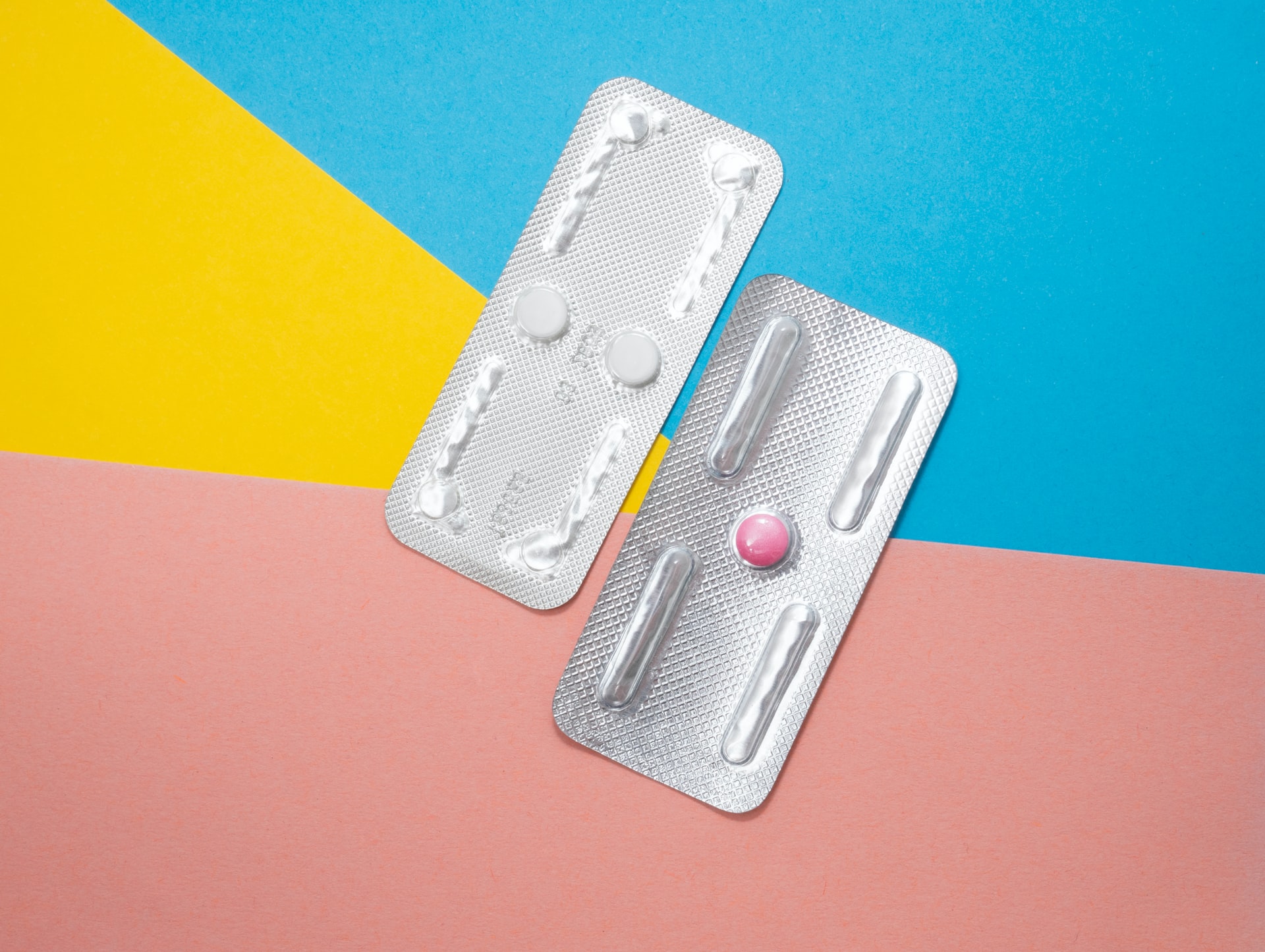
Life&Style’s Deyna Grimshaw highlights the fluctuating prices of the morning-after pill and reminds us of the importance of free and accessible contraception
If I asked you how many forms of contraception are available in the UK, how many could you name? I bet it doesn’t come close to the real number. In reality, there are 15 types of contraception approved by the NHS (almost all of these for female bodies), and they can all be obtained for free in the UK. So why is it, then, that in 2022 we are still boasting about the fact that the morning-after pill has been reduced to £9.99?
15 types of contraception […] can all be obtained for free in the UK
On the one hand, it is certainly a positive sign that the morning after pill has come down in price over recent years. In 2017, Boots pharmacies were charging a whopping £28.25 for Levonelle (a branded morning after pill), and £26.75 for the store’s own brand. However now, the store has slashed the price of their own brand pill to less than half of its original cost, charging £10. Interestingly, the branded pill Levonelle still occupies the shelf at over £26, and ellaOne – the morning after pill which can be sold to under 16’s – comes in at an eye-watering £33.25. Other pharmacies such as Superdrug have similarly followed suit, meaning that the cheapest morning-after pill on the high street now costs £9.99.
But what baffles me, and what I think a lot of people don’t know, is that you can get the morning-after pill for free! Walk-in centres, contraceptive and sexual health clinics, GP surgeries and even some pharmacies are all able to give those who request it the morning-after pill free of charge. So how are pharmacies getting away with charging over £30 for certain branded contraception? Even their own brands are too expensive. With up to 14.5 million people living in poverty even before the pandemic hit, £10 could mean the difference between a woman eating or going without the morning after pill. That is not a choice that anyone should have to make.
£10 could mean the difference between a woman eating or going without the morning after pill
At the end of the day, the morning after pill, just like other forms of contraception, exists within a for-profit, capitalist system. Companies exploit desperate and fearful people for their own monetary gain. Unlike condoms, the morning-after pill is a ticking clock – if a woman does not take it within a certain number of hours, it will no longer be effective. They know that some women would rather take the economic hit than sit in a walk-in centre to wait and get the pill for free. Additionally, the morning-after pill has always had a stigma and shame attached to it – the implication that a woman has been careless or made a mistake, when in fact this is an unfair and unwarranted viewpoint.
At the end of the day, everyone is going to need contraception at some point in their lives for preventing pregnancy and sexually transmitted infections (assuming you do not have any objections – religious or otherwise). We have to overcome the stigma that has surrounded contraception, particularly for women, for so many years. So, if you find yourself needing the morning-after pill, try going to one of the many places which give it out for free, rather than shelling out to a private company. Not only will this save your pennies, but it will also help to show that we will not be shamed into paying through the roof for a pill that we can access free of charge.
We will not be shamed into paying through the roof for a pill that we can access free of charge
Read More from Life&Style:
Redbrick’s Guide to Contraception

Comments